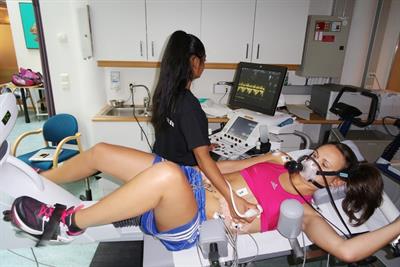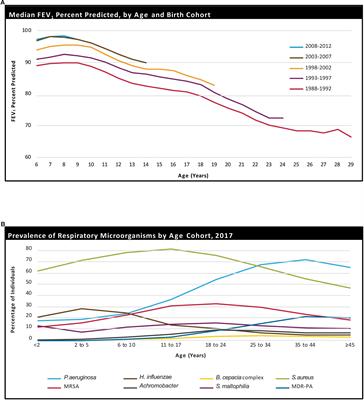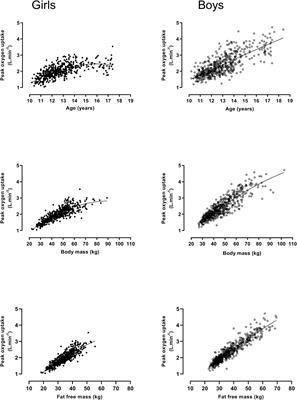EDITORIAL
Published on 15 Apr 2020
Editorial: Children's Exercise Physiology
doi 10.3389/fphys.2020.00269
- 5,018 views
- 4 citations
46k
Total downloads
220k
Total views and downloads
Select the journal/section where you want your idea to be submitted:
EDITORIAL
Published on 15 Apr 2020
ORIGINAL RESEARCH
Published on 11 Dec 2019

ORIGINAL RESEARCH
Published on 09 Dec 2019

ORIGINAL RESEARCH
Published on 29 Nov 2019

REVIEW
Published on 05 Nov 2019

PROTOCOLS
Published on 16 Oct 2019

ORIGINAL RESEARCH
Published on 02 Oct 2019

ORIGINAL RESEARCH
Published on 06 Sep 2019

ORIGINAL RESEARCH
Published on 27 Aug 2019

ORIGINAL RESEARCH
Published on 07 Aug 2019

ORIGINAL RESEARCH
Published on 06 Aug 2019

MINI REVIEW
Published on 30 Jul 2019


Frontiers in Sports and Active Living